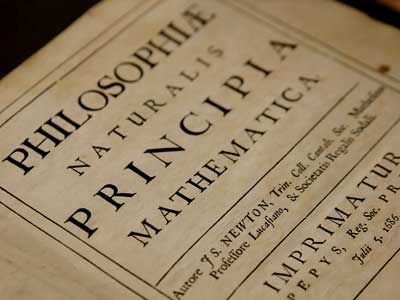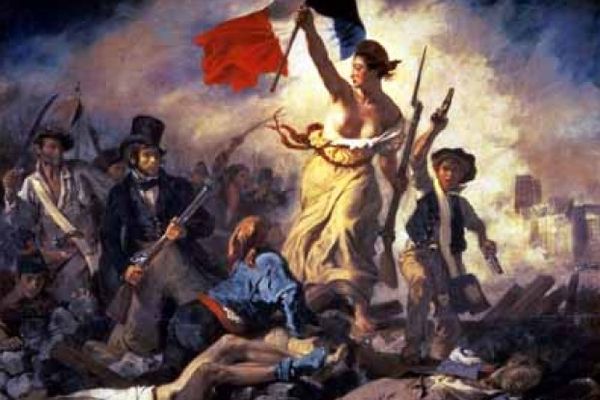
Voltaire didn't invent the Enlightenment — he was the Enlightenment.
Born François-Marie Arouet in 1694 in France, Voltaire wrote countless plays, poems, satires and polemics — his collected works take up 200 volumes — and centuries before there was a Madonna, Bono or Beyoncé, the one-named Voltaire was Europe's first truly modern celebrity. (Historians have differing views on why he gave himself that one-name moniker.)
Advertisement
Voltaire was so much more than an Enlightenment "philosopher" or "thinker" — he lived his beliefs. Voltaire embodied the Enlightenment principles of intellectual freedom, sharp-tongued critique and the righteous battle of reason versus superstition. And he did it on a public stage through his canny use of new publishing outlets like magazines and journals.
Voltaire's "fans" weren't only entertained by his witty writing and shocked by his public attacks against the church and other old-guard institutions; they were hungry for details of Voltaire's tabloid-ready private life. Illicit love affairs, illegitimate offspring, prison stints and forced exile became as synonymous with the name Voltaire as his satirical masterpiece "Candide."
Advertisement


